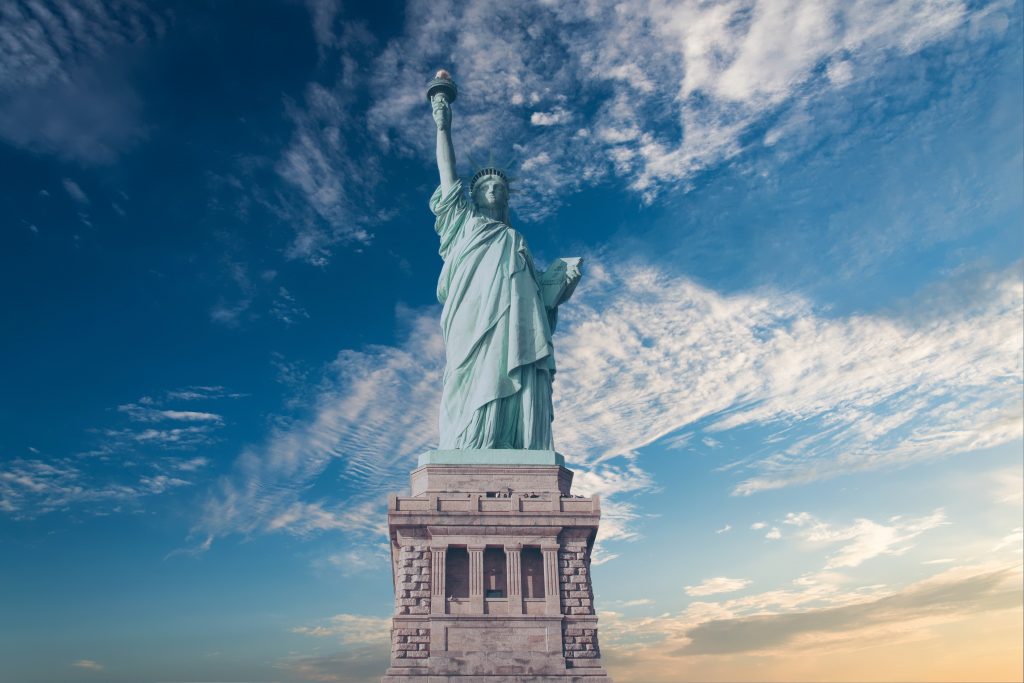
The Common Good Requires Robust Institutional Religious Freedom
EDITOR’S NOTE: Founder and Senior Director of the Institutional Religious Freedom Alliance Dr. Stanley Carlson-Thies spoke at the University of St. Thomas Law School’s symposium on “Religious Freedom and the Common Good” in March of 2018. His lecture transcript, along with those from fellow speakers at the symposium, has been published in the University of St. Thomas Law Journal.
By Stanley Carlson-Thies
Our society is increasingly skeptical about protecting the religious freedom of persons and faith-based organizations. When religious organizations are permitted to follow their own beliefs and practices associated with convictions about abortion, marriage, or sexuality, many fear there will be harm to employees, job seekers, and patients who do not share those beliefs. And yet, religious organizations provide a wide range and extensive volume of services to others.
To explore whether and how the social good done by religious organizations might support arguments in favor of institutional religious freedom, the University of St. Thomas School of Law in March, 2018, held a symposium on “Religious Freedom and the Common Good.” Among the presenters was Stanley Carlson-Thies. His comments and those of other presenters were recently published in an issue of the University of St. Thomas Law Journal. The following is a summary of Dr. Carlson-Thies’ contribution.
Promoting the Common Good through Religious Freedom
The freedom for religious individuals and institutions to be distinctive in their practices is necessary to achieving the common good in America. This freedom entails legal protection for individuals and organizations to act or not act in accordance with their religious convictions. The concept of a common good does not require everything to be the same. Since our governments are supposed to protect our preexisting rights and freedoms, in order to promote the good of everyone — the common good — government must protect the freedom of persons and organizations to be different. Full religious freedom entails not only that persons and organizations may refrain from doing things that violate their convictions, but that they are free to proactively engage in efforts not necessarily affirmed by broader secular society, such as offering a service that is appealing only to people who share their convictions. Activity such as this should not be required to confine to church walls, but ought to be offered throughout “secular” society. The same is true for and should be afforded to those of no religious affiliation.
Accommodating the Diversity of Individuals With a Diversity of Institutions
Because individuals vary greatly in their convictions and preferences, it is right for government to protect a diversity of providers of services. Even though not every person will prefer every one of the providers, and not every provider will be able to serve everyone needing help, such diversity does not necessarily indicate wrongful discrimination. Consider residential facilities for the elderly. LGBTQ elders want, and must be able to find, safe and hospitable facilities. But this should be true, too, for seniors of conservative morality. Given the diversity of people needing residential care, good government policy will protect, not seek to eradicate, a corresponding diversity in the provision of care. A government committed to the common good ought to protect a diversity of service providers, rather than insist on policies minimizing or eliminating such diversity in pursuit of eradicating allegedly harmful discrimination that does not exist.
Institutional Freedom
We are so accustomed to arguments, laws, and legal decisions that warn against the harm that may come from the exercise of religious freedom that its positive contribution to the common good—moreover its indispensability—receives insufficient attention. The growing societal trend to insist on uniformity diminishes the ability of faith-based organizations to reach particular clients and patients, and serve them optimally. Faith-based organizations contribute an irreplaceable amount of social welfare, both with and without government assistance. American congregations, taken together, make an annual contribution of $418 billion to society, and religious charities — hospitals, educational institutions, and social service agencies — add another $302.9 billion in social and economic value. In addition, 40 percent of the largest charities are in faith-based. Qualitatively, if diverse social service providers no longer could exist, many patients, students, and clients would no longer be able to find services they consider optimal. The very existence of Christian adoption agencies, to take one example, encourages more people of faith to take on the charitable and loving challenge of adoption.
Inevitable Heterogeneity
When institutions are free to be diverse in what they offer as well as in their employment standards, inevitably, some people seeking help or jobs will be offended by what they encounter. However, not feeling welcome everywhere may not be due to discrimination; rather, it may be the inevitable consequence of the moral and religious heterogeneity of the public. We do not all agree on what flourishing entails, but it is reasonable to declare that diverse services best serve this diverse citizenry. Therefore, government can best promote the common good by respecting the diverse convictions held by the citizens and by protecting the ability of service organizations to serve in distinctive ways.
Dr. Stanley Carlson-Thies is founder and senior director of the Institutional Religious Freedom Alliance. His published law review article based on his symposium comments can be found here.
